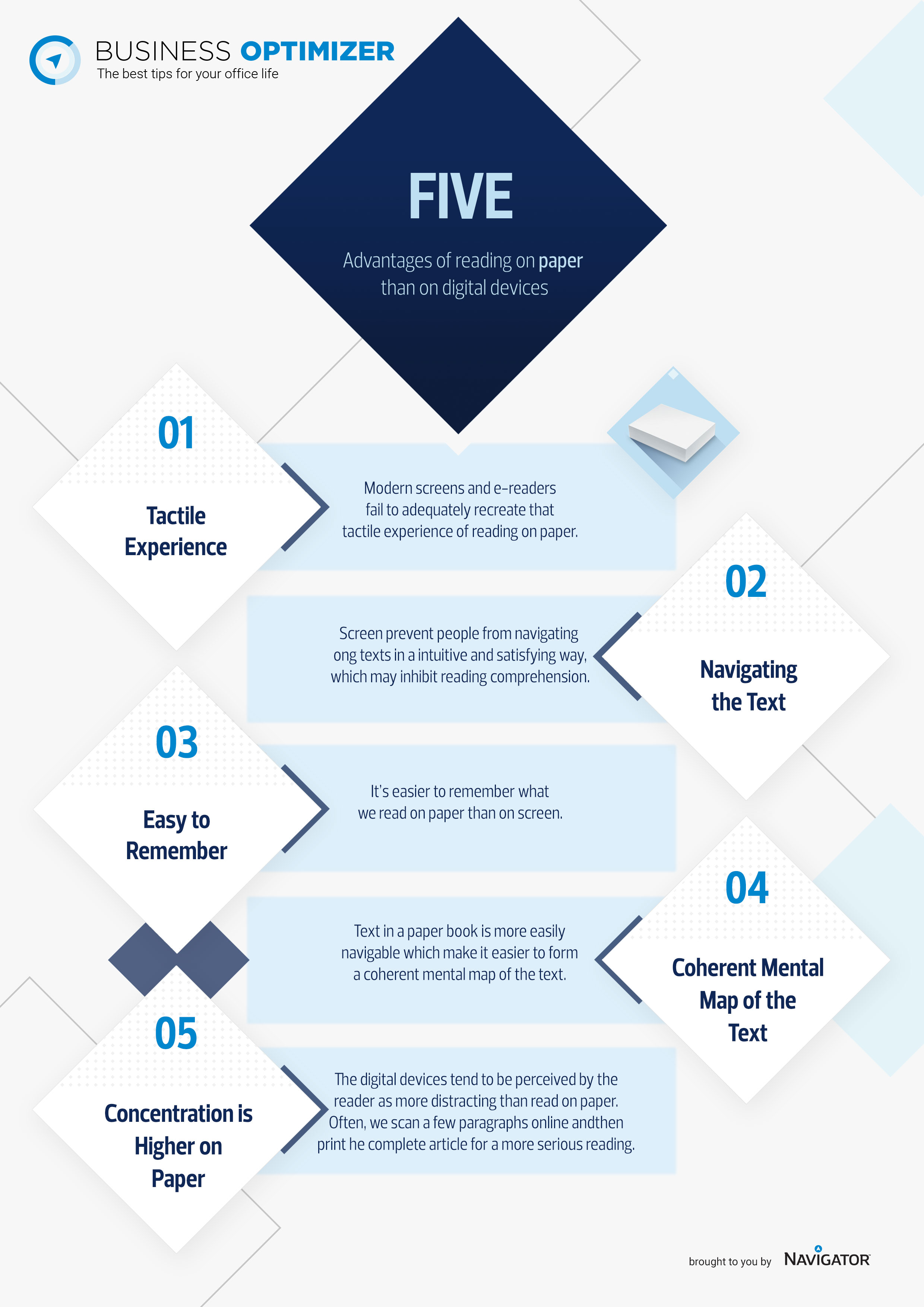A research indicates that when people really like an electronic book, they got out and buy the paper version.
This makes you think right?!
Researcher Abigail Sellen of Microsoft Research Cambridge has found that people think about an e-book differently to traditional books. Participants in her studies have told her that when they really like an electronic book, they go out and buy the paper version.
Sellen, co-author of the book “The myth of the paperless office” has said in an article in the Scientific American “the implicit feel of where you are in a physical book turns out to be more important than we realized.
But why?
What is it about the physicality of a book – the feel of paper and the turn of the page – that makes reading a paper book so much more satisfying than reading an e-reader?
Absorbing Information
The Scientific American article points out that most studies prior to 1992 found that people read more slowly, less accurately and less comprehensively on screens than on paper. When reading on screens, people are less inclined to engage – and this affects the way we retain information.
The article acknowledges that later studies have shown less consistent results – although the majority do confirm the findings of earlier studies.
These changing findings have led some commentators to suggest that our relationship with books and readers is a generational thing. As our acceptance of e-reading develops, the way we approach it will also change and, consequently, so will the way we absorb and retain the information.
Navigating the Text
However, Abigail Sellen suggests the differences in the way we retain information from paper and electronic sources might have less to do with our feelings towards e-readers and more to do with the way our minds work.
She says: “I don’t think e-book manufacturers have thought enough about how you might visualise where you are in a book.”
Maryanne Wolf of Tufts University makes a similar argument. “There is a physicality in reading,” she says, “maybe even more than we want to think about.”
Tufts argues that – since we didn’t invent writing until relatively recently in our evolutionary history – the brain essentially regards letters as physical objects because it does not really have another way of understanding them. Our brains perceive a text in its entirety as a kind of physical landscape.







